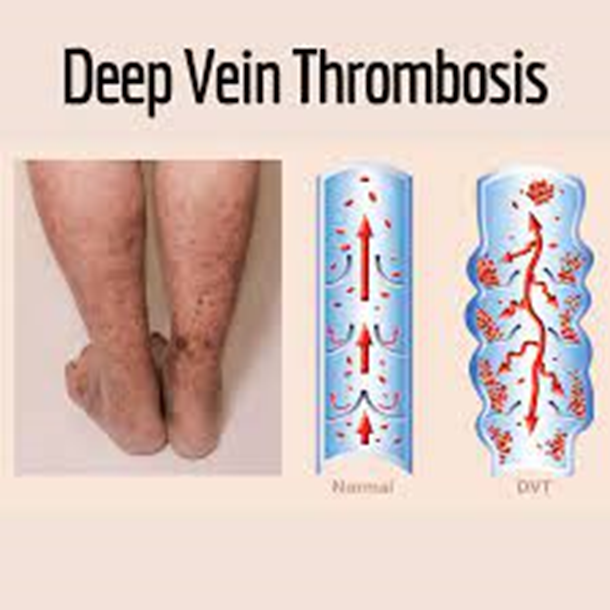A nurse manager is discussing critical pathway use during a staff meeting. Which of the following information should the nurse manager include as an outcome of critical pathway use?
Decreased cost-effectiveness
Decreased care delays
Increased length of stay
Increased variation in clinical interventions
The Correct Answer is B
Choice A reason: Decreased cost-effectiveness is not an outcome of critical pathway use, but rather an outcome of poor quality care. Critical pathways are designed to improve the quality and efficiency of care by reducing unnecessary costs and resources.
Choice B reason: Decreased care delays is an outcome of critical pathway use, as it reflects the timely and coordinated delivery of care. Critical pathways are evidence-based plans that outline the expected course of care and outcomes for a specific client population.
Choice C reason: Increased length of stay is not an outcome of critical pathway use, but rather an outcome of ineffective or inappropriate care. Critical pathways are intended to shorten the length of stay by optimizing the care process and preventing complications.
Choice D reason: Increased variation in clinical interventions is not an outcome of critical pathway use, but rather an outcome of inconsistent or individualized care. Critical pathways are meant to standardize the clinical interventions based on the best available evidence and practice guidelines.
Nursing Test Bank
Naxlex Comprehensive Predictor Exams
Related Questions
Correct Answer is D
Explanation
Choice A reason: This is not the correct choice because this action is not the nurse's responsibility. Coordinating the team and the plan of care is the role of the case manager or the social worker, who can facilitate communication and collaboration among the different disciplines involved in the client's care.
Choice B reason: This is not the correct choice because this action is not the nurse's responsibility. Ordering durable medical equipment for the client's home is the role of the occupational therapist or the physical therapist, who can assess the client's functional needs and abilities and recommend the appropriate devices.
Choice C reason: This is not the correct choice because this action is not the nurse's responsibility. Helping the client obtain financial assistance is the role of the social worker or the financial counselor, who can identify the client's eligibility and options for funding and insurance coverage.
Choice D reason: This is the correct choice because this action is the nurse's responsibility. Performing a dietary assessment is part of the nursing process and the scope of practice of the nurse, who can evaluate the client's nutritional status and needs and provide education and counseling on diet modifications and interventions.
Correct Answer is A
Explanation
Choice A reason: This is the correct choice because this client has the least urgent and most stable condition. A deep-vein thrombosis is a blood clot that forms in a vein, usually in the leg. An INR of 2.0 indicates that the client's blood is within the therapeutic range for anticoagulation therapy, which prevents the clot from growing or breaking off. The nurse should ensure that the client has a prescription for oral anticoagulants, compression stockings, and follow-up appointments before discharging them.
Choice B reason: This is not the correct choice because this client has a serious and potentially life-threatening condition. Tumor lysis syndrome is a complication of chemotherapy that occurs when cancer cells break down rapidly and release their contents into the bloodstream. This can cause electrolyte imbalances, kidney damage, and cardiac arrhythmias. The nurse should monitor the client's vital signs, laboratory values, urine output, and fluid balance, and administer medications and interventions as prescribed.
Choice C reason: This is not the correct choice because this client has a new and acute condition. A new onset of left-sided weakness could indicate a stroke, which is a medical emergency that requires immediate diagnosis and treatment. The nurse should perform a neurological assessment, check the client's blood pressure and blood glucose levels, and activate the stroke protocol.
Choice D reason: This is not the correct choice because this client has a severe and unstable condition. Angina is chest pain that occurs when the heart muscle does not get enough oxygen-rich blood. A troponin level of 3 ng/mL indicates that the client has a high level of cardiac enzymes in the blood, which suggests a heart attack or myocardial infarction. The nurse should administer oxygen, nitroglycerin, aspirin, and morphine as prescribed, and prepare the client for further diagnostic tests and interventions.

Whether you are a student looking to ace your exams or a practicing nurse seeking to enhance your expertise , our nursing education contents will empower you with the confidence and competence to make a difference in the lives of patients and become a respected leader in the healthcare field.
Visit Naxlex, invest in your future and unlock endless possibilities with our unparalleled nursing education contents today
Report Wrong Answer on the Current Question
Do you disagree with the answer? If yes, what is your expected answer? Explain.
Kindly be descriptive with the issue you are facing.
